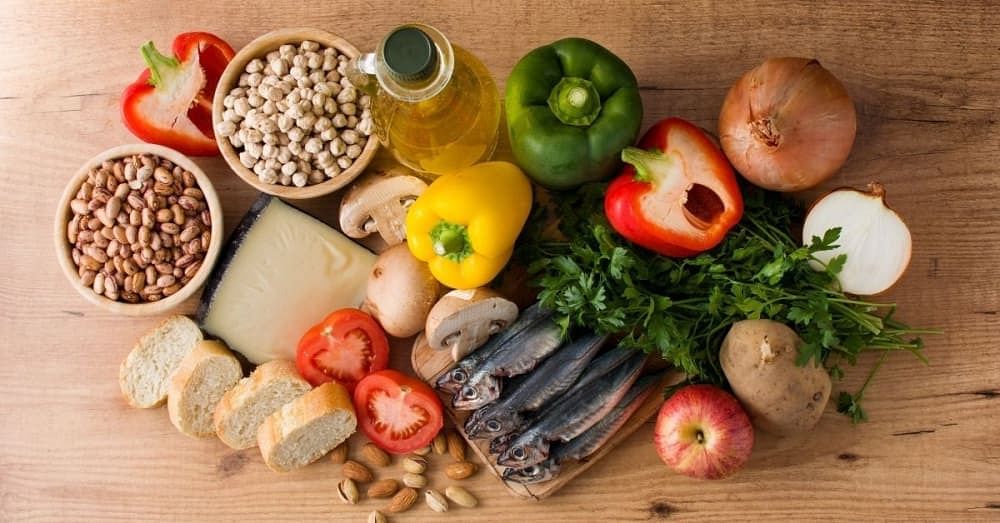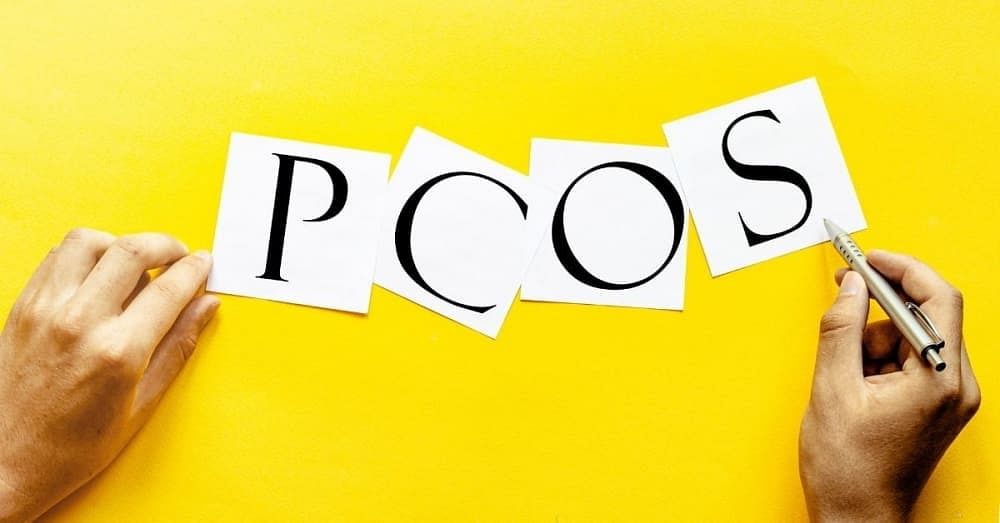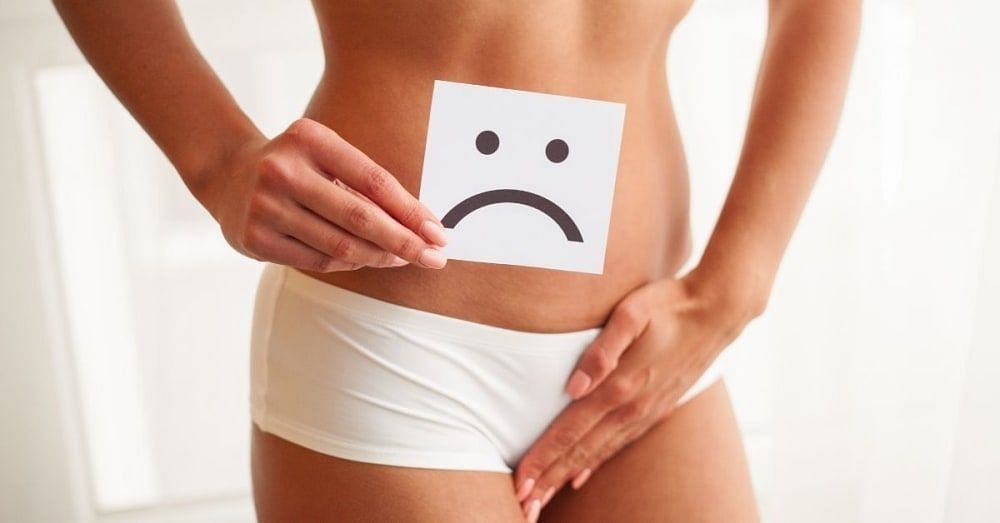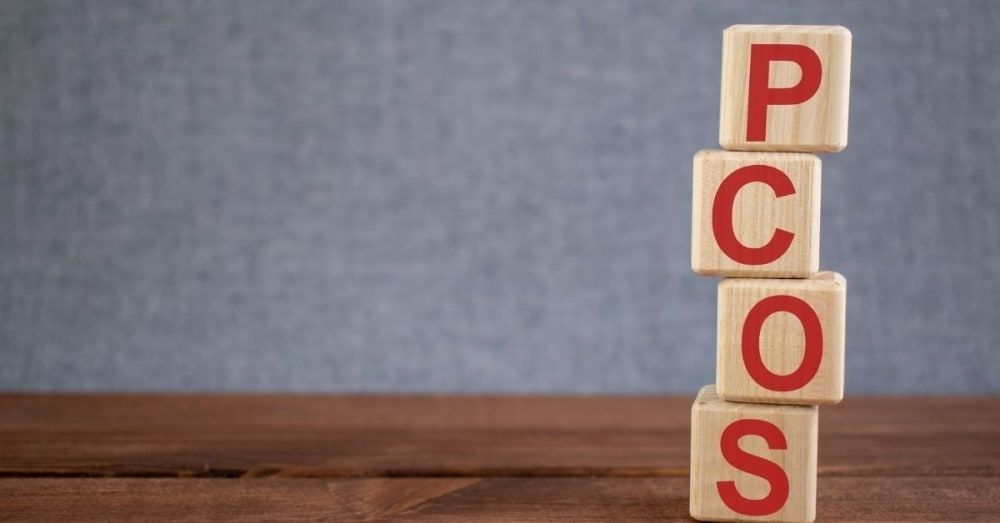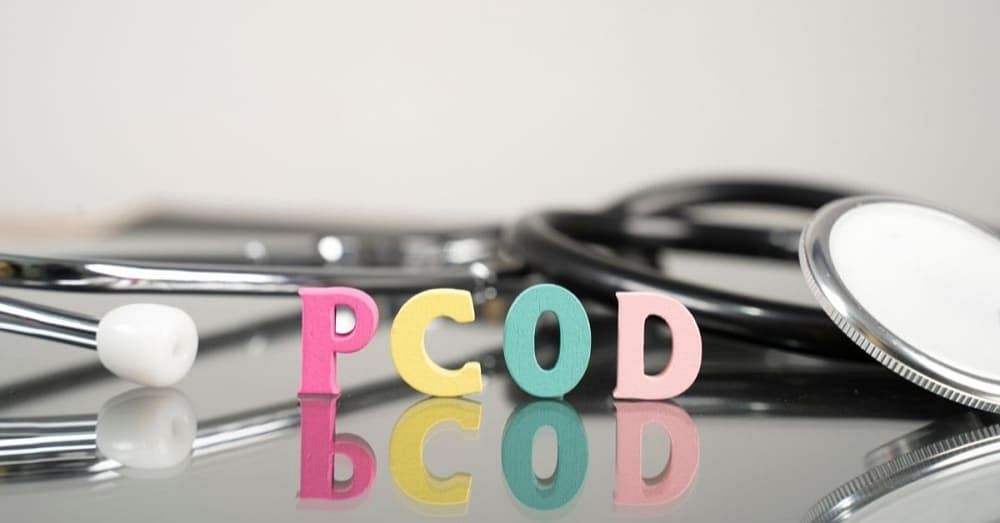During the menstrual phase of the month, every woman experiences several period symptoms such as cramps, fatigue, backache, etc. These symptoms can be controlled by consuming nutritious food items.
This article will discuss the food you should and should not consume during your periods.
Nutrients to Focus on During Period
During the menstrual cycle, your body sheds the uterine lining, which results in bleeding. Therefore, you must focus on consuming the following vital nutrients during the periods:
1. Iron
It is the essential component of haemoglobin, a protein found in red blood cells (RBC.) It is also crucial for growth, cellular functioning, neurological development, and the synthesis of hormones. Menstruating women are more at risk of iron deficiency due to blood loss during periods. Hence, iron intake must be high during the menstruation cycle.
2. Vitamin B12
It is essential for RBC formation, cell metabolism, and nerve functioning. During menstruation, hormones oestrogen and progesterone are at their lowest level, which causes weakness and tiredness. Vitamin B12 helps create more RBCs and gives you energy during periods.
What to Eat During Periods?
You can add the below-mentioned foods to your diet to cope with the uncomfortable symptoms during periods, such as abdominal cramps, nausea, fatigue, and bloating:
1. Fruits
To keep yourself hydrated, you must eat water-rich fruits, such as watermelon and cucumber. These fruits also curb your sugar cravings and keep your blood glucose level in check.
2. Green Leafy Vegetables
As your iron level reduces during the periods, specifically when the menstrual flow is heavy, you may experience fatigue, bodily pain, and dizziness. To handle these symptoms, you must eat green leafy vegetables such as kale and spinach, which help boost the level of iron in the body.
3. Ginger
Achy muscles are a common symptom during menstruation. Ginger has anti-inflammatory effects, which can soothe your achy muscles. You can consume a cup of ginger tea during menstruation. However, don’t consume more than 4 grams of ginger in a day because its excess can cause heartburn and stomach aches.
4. Fish
It is a source of protein, iron, and omega-3 fatty acids. Consuming fish during periods can reduce the intensity of period pain. Omega-3 present in fish also helps in reducing mood swings and depression, which many women experience during their menstruation.
5. Quinoa
It contains various nutrients such as iron, protein, and magnesium. Along with this, quinoa is gluten-free and has a low glycemic index, which means that it keeps you full and energised for a longer duration.
6. Peppermint Tea
It helps to soothe the symptoms of premenstrual syndrome (PMS) and can relieve menstrual cramps, nausea, and diarrhoea.
7. Dark Chocolate
It contains iron and magnesium, which reduces the severity of symptoms of periods.
8. Nuts
It has loads of omega-3 fatty acids and protein that keep you healthy and active even during periods. Certain nuts, such as almonds and cashews, are believed to soothe period pain.
9. Lentils and Beans
These are rich in protein. Consuming beans and lentils provide you energy during periods and reduces fatigue and body aches.
10. Yoghurt
Most women tend to get yeast infections during the menstruation cycle. Yoghurt, a probiotic-rich food, strengthens the good bacteria in your vagina and helps you fight yeast infections during periods.
What to Eat During Periods to Reduce Stomach Pain
Stomach cramps are common during periods, and to relieve this pain, certain foods are suggested, such as:
1. Mint
It helps with stomach pain and other symptoms of menstruation. You can either have peppermint tea or a peppermint oil capsule. However, if you have heartburn, avoid peppermint, as it can worsen the condition.
2. Tofu
It is rich in calcium and can ease menstrual stomach pain. Consumption of tofu during menstruation helps muscle cells work properly, which reduces cramps and aches.
What to Eat During Periods to Increase Flow
Below mentioned are a few superfoods that can increase menstruation flow:
1. Emmenagogues
These herbs stimulate blood flow in the pelvic area and uterus. Turmeric or Haldi is one such herb. It has an antispasmodic effect on your body, expanding the uterus and inducing menstruation flow. Therefore, you may regularly consume Haldi doodh or turmeric latte to increase the flow and reduce period irregularities. However, before consuming these herbs, always consult a health expert.
2. Vitamin C-rich Fruits
These fruits are beneficial for inducing period flow. Papaya is one of the best vitamin C enriched fruits to eat during periods to increase blood flow. It contains carotene, which can help stimulate the oestrogen hormone that induces menstrual blood flow. Pineapple, oranges, lemon, kiwi, and mangoes are other vitamin-C-rich fruits that reduce irregularities in periods and regularise the flow when eaten regularly.
3. Beetroot
It contains iron, calcium, folic acid, and other essential nutrients. It helps decrease water retention and bloating and induces menstruation.
What to Eat During Periods to Reduce Pain
Following is a list of food that can help to reduce pain during the period:
1. Bananas
They are amazing for menstrual cramps. Hence, these are rich in fiber, beneficial in easy bowel movements, and reduce digestive problems, which might occur during periods. They also contain magnesium, which helps in reducing the severity of period cramps.
2. Lemons
These are a powerhouse of vitamin C, which assists your body in absorbing iron from the food you consume into the bloodstream and tissues. As you lose blood during menstruation, consumption of lemon juice or lemon tea helps in boosting the possess of iron absorption in your body. This also reduces stress in your body.
3. Broccoli
The fibre and iron in broccoli help reduce period cramps, especially the pain in your lower abdomen.
Fruits to Eat During Periods
Following are some fruits that you should eat during periods:
1. Sweet Fruits
To control sugar cravings during periods, you can eat sweet fruit such as apples, grapes, etc. These fruits help to fulfil your daily sugar intake and keep you at bay from consuming artificial sugar.
2. Water-rich Fruits
Fruits such as watermelon, muskmelon, strawberries, oranges, cucumber, etc., contain loads of water, hence keeping you hydrated. Staying hydrated is crucial, especially during menstruation, to avoid feeling fatigued and stressed. In addition, these water-loaded fruits also help to decrease the chances of bloating during menses.
3. Citrus Fruits
Oranges, lemons, grapefruits, pomelos, and limes are some citrus fruits you can consume during your periods. These fruits help regulate your mood and make you feel better during periods.
4. Gut-friendly Fruits
Various women suffer from digestive problems during their periods. Therefore you must consume fruits that help resolve digestive issues and maintain your digestive health. One such fruit is bananas. It contains high potassium, which is beneficial for nerve function in the digestive tract.
What Not to Eat During Periods
Here are some food items that you must avoid during your periods:
1. Spicy and Salty Food
You may crave more spicy and salty food while you’re on periods. Consuming too much spicy food upsets your stomach and may cause diarrhoea, stomach pain, and nausea. Excess salty food causes water retention, which may cause bloating.
2. Refined Grains
These have no nutrients in them. Consuming refined grains hinder your average blood sugar level and disturb your regular appetite control. Therefore, one must avoid pasta, bread, or noodles during periods. Instead, switch to whole grains.
3. Coffee
Some of you may be coffee lovers. However, it would help if you reduce your coffee intake during periods because excess caffeine causes water retention in the body and leads to stomach bloating. It may also cause digestive issues. So you must decrease coffee consumption if you have diarrhoea during periods.
4. High-fat Food
These foods, such as burgers, pizza, etc., interfere majorly with your hormones and cause inflammation and increase period pain. Therefore, you must avoid high-fat food, especially during menstruation.
5. Alcohol
Consumption of alcohol during menstruation can cause dehydration, resulting in headaches and stomach bloating. It can also cause digestive problems such as diarrhoea and nausea. Therefore, you must avoid consuming alcohol during your menstruation period.
6. Red Meat
While you are on your periods, your body produces prostaglandins (a group of lipids), which help your uterus contract and result in menstrual flow. Red meat also contains prostaglandins, and when you eat red meat during your periods, the prostaglandins level in your body increases. High levels of prostaglandin result in period cramps and aches.
Other Things to Avoid During Period
There are certain other things that you should avoid during your periods, such as:
1. Using a Douche
You must avoid using a douche to clean yourself down there because it is harmful. It interferes with your vagina’s natural barriers against bacteria and can result in various health issues such as infections and an increased risk of developing sexually transmitted diseases (STDs.)
2. Wearing the Same Sanitary Product All Day Long
You must change your sanitary product within 4 to 6 hours. Not changing the product for a longer duration can cause bacterial infection and develop a foul odour. Along with this, it can also cause skin rashes and Toxic Shock Syndrome (TSS.)
3. Having Unprotected Sex
Having unprotected sex, especially during your periods, can cause infections and increase the chances of contracting STDs.
4. Smoking
It is altogether dangerous for health, and women who smoke during their periods are more likely to experience severe abdominal pain and cramps.
5. Going Pad-less on Bed
You might want to feel comfortable at night, but going to bed without your pad can cause a serious mess. If your current sanitary product is causing skin rashes, you can change the brand or product. For example, if you don’t feel comfortable using pads, you can switch to tampons or menstrual cups.
6. Going For a Breast Exam
During menstruation, your hormone level fluctuates. Therefore, detecting abnormalities via the breast exam during your periods is difficult due to the fluctuations. Consequently, it is advisable not to take the exam during periods.
7. Consuming Junk Food
You must avoid eating junk and processed food during periods because it causes acidity and other digestive issues. This may increase abdominal pain.
When to Contact a Doctor
Some menstrual symptoms, such as abdominal cramps, fatigue, mood, and swings, are common. However, if you experience the below-mentioned symptoms, then you must contact a doctor:
- Irregular periods
- Bleeding after sex
- Bleeding after menopause
- Heavy bleeding
- Bleeding, which lasts longer than seven days
- Extreme pain in which over-the-counter drugs provide no relief
Summing Up on What to Eat During Periods
Staying healthy during menstruation is crucial, and this is possible by making specific changes in your diet. For example, include green vegetables and fruits in your daily diet. In addition, consume more iron-rich food to manage blood loss during periods, such as seafood and peas.
FAQs
Can We Drink Milk During Periods?
Yes, you can consume milk during your periods, but excess dairy products may worsen period cramps and cause bloating and acidity.
Can We Drink Coffee During Periods?
No, you can not drink coffee during periods because of the caffeine component of the beverage. Excess caffeine can cause vasoconstriction, which is the condition of the narrowing of blood vessels. This can increase cramps and cause discomfort and bloating. However, you can have a cup of coffee but not more than that.
Can We Eat Eggs During Periods?
Yes, you can eat eggs during periods. Eggs contain vitamins like B6, D, and E, which altogether help fight off the symptoms of menstruation. Consuming eggs in your periods also keeps you full for a longer time.
Can We Eat Chicken During Periods?
Yes, you can have chicken during periods. It is an iron and protein-rich food that helps in keeping you full and curbs your junk-food craving during periods.
Can I Eat Bananas During Periods?
Yes, you can consume bananas during periods. It boosts your mood by keeping PMS symptoms at bay.
Can We Eat Pomegranates During Periods?
Yes, pomegranates can be consumed during periods as they may help in relieving period pain and leg pain.
Can We Eat Grapes During Periods?
Yes, grapes can be consumed during periods.
References
- Nahid Fathizadeh, December 2010; Evaluating the effect of magnesium and magnesium plus vitamin B6 supplement on the severity of premenstrual syndrome - https://pubmed.ncbi.nlm.nih.gov/22069417/
- How to Add Foods That Are High in Iron to Your Diet - https://health.clevelandclinic.org/how-to-add-more-iron-to-your-diet/#management-and-treatment
- SamiraKhayat, June 2015; Curcumin attenuates severity of premenstrual syndrome symptoms: A randomized, double-blind, placebo-controlled trial - https://www.sciencedirect.com/science/article/abs/pii/S096522991500059X?via%3Dihub
- Masoumi SZ, 2016; Evaluation of mint efficacy regarding dysmenorrhea in comparison with mefenamic acid: A double blinded randomized crossover study - https://www.ijnmrjournal.net/article.asp?issn=1735-9066;year=2016;volume=21;issue=4;spage=363;epage=367;aulast=Masoumi
- Menstrual cramps - https://www.mayoclinic.org/diseases-conditions/menstrual-cramps/symptoms-causes/syc-20374938
- Sarah E. Racine, June 2011; Differential associations between ovarian hormones and disordered eating symptoms across the menstrual cycle in women - https://onlinelibrary.wiley.com/doi/10.1002/eat.20941


